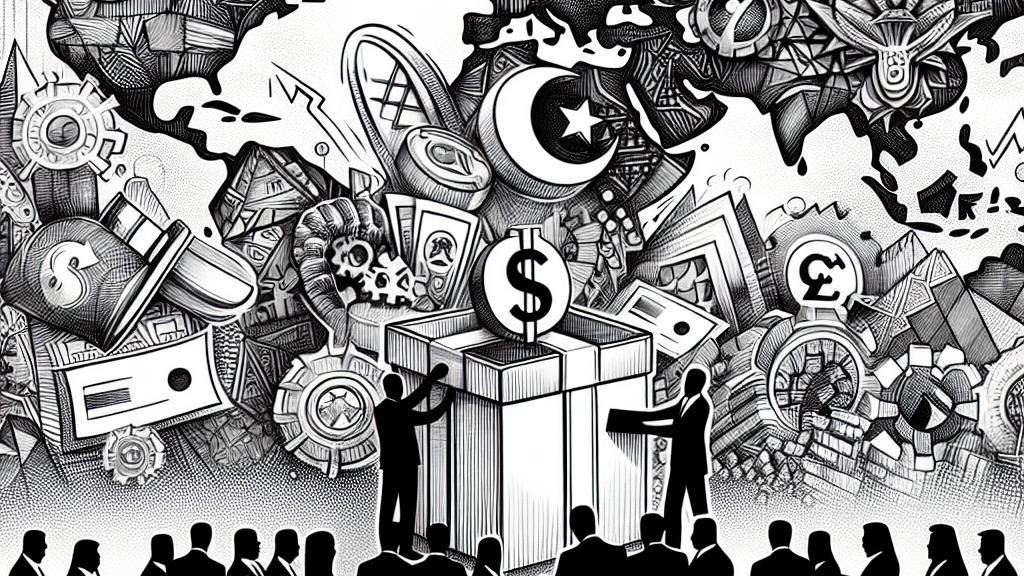Pakistan Secures Financing Assurances from China, UAE, and Saudi Arabia
Overview
- Pakistan achieves a crucial milestone by securing extensive financing assurances linked to an IMF agreement.
- This strategic deal is poised to revitalize the ailing economy through pivotal reforms and international cooperation.
- The robust involvement of China, UAE, and Saudi Arabia signals significant shifts in the global geopolitical landscape.

Understanding the IMF Deal
In a significant moment for Pakistan, the nation has successfully obtained crucial financing assurances from three influential countries: China, the United Arab Emirates (UAE), and Saudi Arabia. This achievement goes hand in hand with the IMF's recent approval of a whopping $7 billion loan package, intended specifically to rejuvenate Pakistan’s troubled economy. Remarkably, since 1958, Pakistan has reached out to the IMF for assistance a staggering 24 times, which starkly illustrates the ongoing economic turmoil. Therefore, the urgency for innovative and effective economic strategies becomes increasingly apparent.
Reforms Necessary for Economic Stability
The IMF has laid out its expectations unequivocally: Pakistan must adopt sound policies and implement essential reforms to recover its economic stability. For example, expanding the country’s chronically limited tax base is crucial; shockingly, only a tiny fraction of the population files income tax returns. Moreover, tackling the severe inefficiencies in the energy sector has become non-negotiable—it is an essential prerequisite for recovery. Prime Minister Shehbaz Sharif emphasizes that this borrowing program may represent Pakistan’s last opportunity to evade economic disaster. Such stark reminders highlight the gravity of the current financial landscape.
Geopolitical Implications of Financial Assistance
The involvement of China, the UAE, and Saudi Arabia in supporting Pakistan's economic recovery is a remarkable illustration of changing global dynamics. Notably, China's increasing role in mediating relations—like its recent success in fostering dialogue between Saudi Arabia and Iran—signals its growing influence. This shift underscores a significant transformation where nations are beginning to view Asian powers as vital partners, leading to a potential reduction in reliance on traditional Western allies. As diplomatic ties and economic collaborations evolve, the future landscape of international relations might very well pivot towards new, unexpected alliances, fundamentally reshaping power dynamics in the international arena.

Loading...